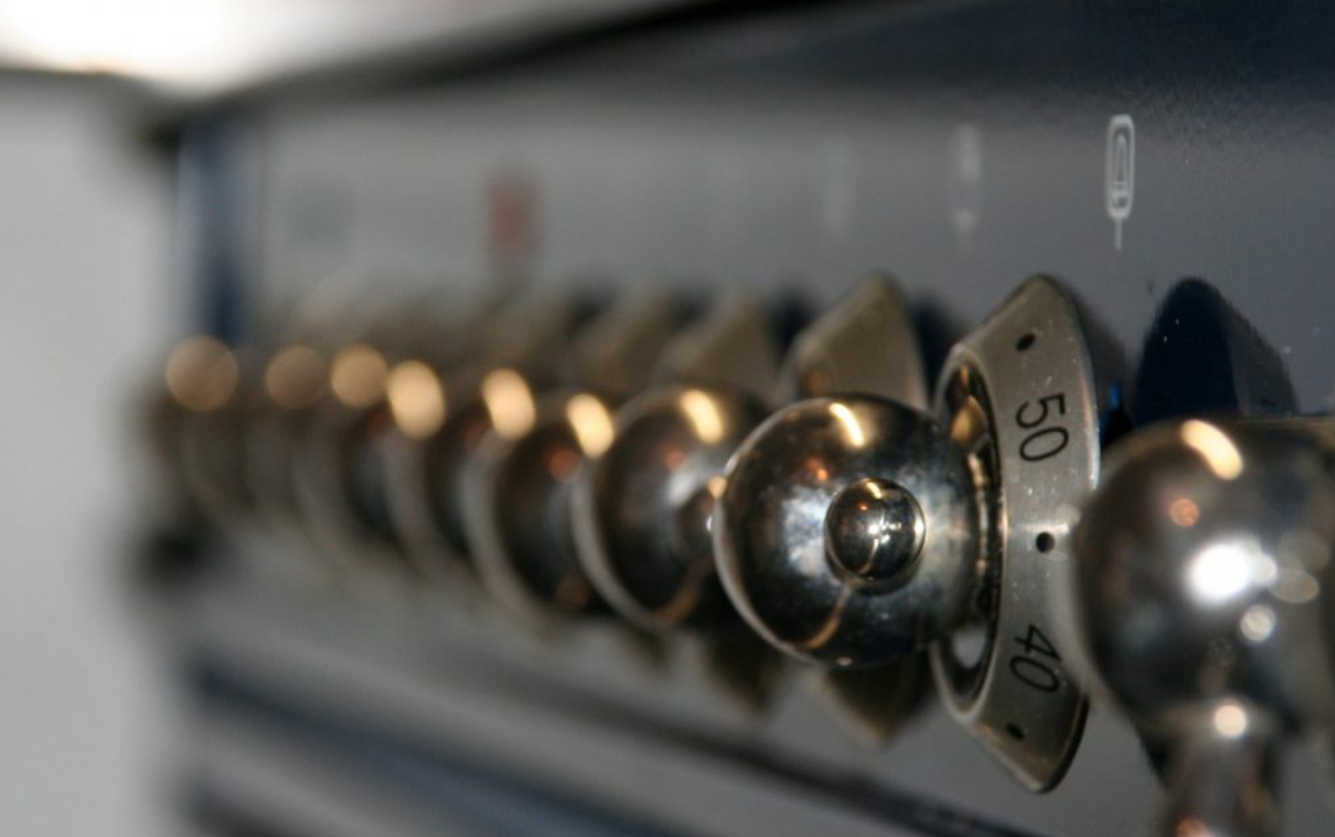Fixture UCC Filings for Creditors Supplying to the Foodservice, Beverage & Hospitality Industries
Blanket Filings, Consignment Filings and PMSI Filings are commonly used by creditors who supply to the food, beverage and hospitality industries. As a matter of fact, we’ve already covered these filing types, so today we will round out our series with Fixture Filings.
When we discussed PMSI in Equipment filings, I mentioned that there could be instances where your equipment would qualify as a fixture. If your piece of equipment is deemed a fixture, then a Fixture Filing is the UCC for you.
Fixture Filings
In the food, beverage and hospitality industries, fixtures could include ranges, ovens, coolers, sinks, dishwashers, hotel headboards and external signage. Notice the overlap? How can a cooler be a piece of equipment and a fixture? Based on the definition under Article 9, a fixture is anything that is “so related to a particular property.”
What are fixtures? Fixtures are “goods that have become so related to particular real property that an interest in them arises under real property law”. — Article 9-102(41)
What is a fixture filing? A fixture filing is “the filing of a financing statement covering goods that are or are to become fixtures and satisfying Section 9-502(a) and (b). The term includes the filing of a financing statement covering goods of a transmitting utility which are or are to become fixtures.” — Article 9-102(40)
The key is “so related,” which indicates the item isn’t permanent, but is still physically attached to the real property. You will likely notice a theme here: fixtures are secured to the building or premises, but can be removed if necessary (if their removal won’t impact the structural soundness of the building or property).
Take the example of headboards and external signage. Headboards are often affixed to the wall, but could be removed without compromising the physical integrity of the hotel (i.e. a removed support beam would compromise the hotel, but simply changing out a headboard that is secured to the wall won’t make the building tumble to the ground).
Similarly, the signs you see outside the hotel identifying it as Holiday Inn or Marriott are attached to the building, but not permanent (the same could be said for signs identifying restaurants).
If we look closer at the differentiation of a cooler being a piece of equipment versus a fixture, the answer is gray at best. Wait, what? If the equipment is affixed to the floor or walls yet still removable, it could be considered a fixture.
Here’s an Example
For example, a cooler that has been bolted to the wall and secured to the floor, like a walk-in cooler, would likely be a fixture. Whereas, a display cooler that holds soda, (those that you often see in grocery stores at the checkout line), can easily be moved as needed.
Here’s another example from NCS’ Jerry Bailey: “If it’s a restaurant and I put a copier in that business, that business could still run if the copier was removed. They could still run the restaurant, so, in that case, it’s not a fixture. If it’s a restaurant and I put a stove in there and I take the stove out, the restaurant can’t continue to cook food, so if the restaurant can’t continue to cook the food, then the stove is very much a fixture.”
Fixture Filings Can Protect You if Your Customer Tries to Sell His Business
Although a fixture filing is still a UCC filing, it is recorded in the real property records, which then turns the security interest into a mortgage or lien against the actual property where the fixture is or will be located.
This makes fixture filings immensely beneficial for creditors, in the event their customer tries to sell their business, because the filing clouds the title of the property. This encumbrance alerts potential buyers/sellers that you need to be paid before the filing will be removed from the property – essentially, the filing keeps the property from transferring from one party to another, until the debt is satisfied.
When Mechanic’s Liens May be a Better Solution
Now, briefly back to the idea that you could also benefit from securing mechanic’s lien rights. There are situations where the piece of equipment is considered an improvement to the building, therefore eliminating the fixture filing.
As an example, one of our clients furnishes exhaust hoods, exhaust fans, heaters and other various pieces of equipment for commercial kitchen ventilation systems. Independently, a single piece of equipment, such as an exhaust hood, could be classified as a fixture (because it is affixed to the property). However, if this same piece of equipment is deemed an “improvement to the real property,” rights can be secured via the state mechanic’s lien statute.
Mechanic’s lien statute has its own set of gray-area-challenges, but one important difference to keep in mind is that mechanic’s liens are not consensual. Meaning, your customer does not have to sign an agreement permitting you to file a mechanic’s lien, unlike the Security Agreement required for UCC filings. If you supply items that rest on the fine line of “fixture” or “improvement to real property” you may want to consider securing your mechanic’s lien rights.
Of course, one could argue that a new walk-in cooler is an improvement to a real property (i.e. mechanic’s lien) or that a ventilation hood is merely affixed & therefore removable (i.e. a fixture filing), which means that determining whether something is or isn’t an improvement to a building will likely require a legal opinion.
